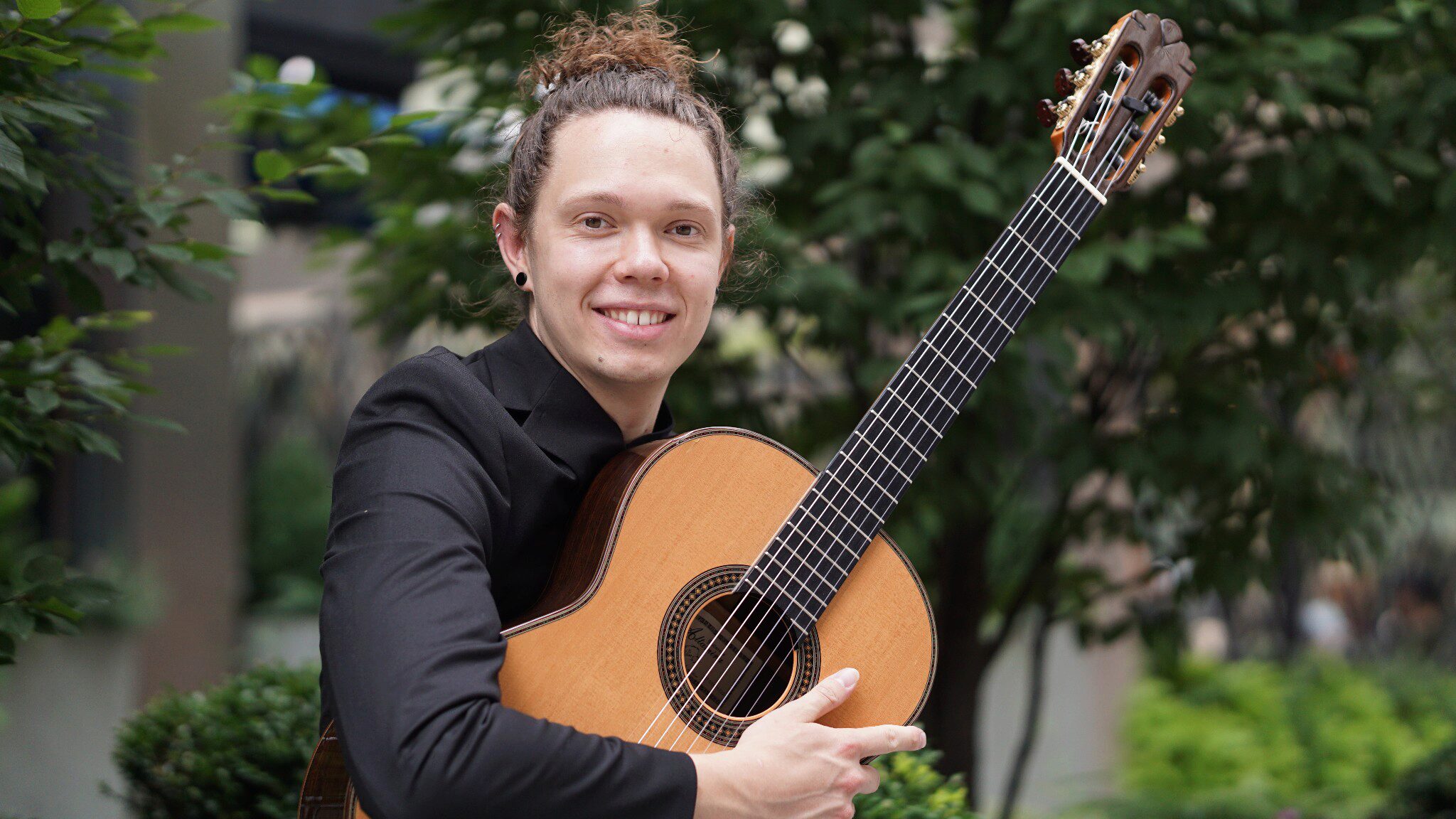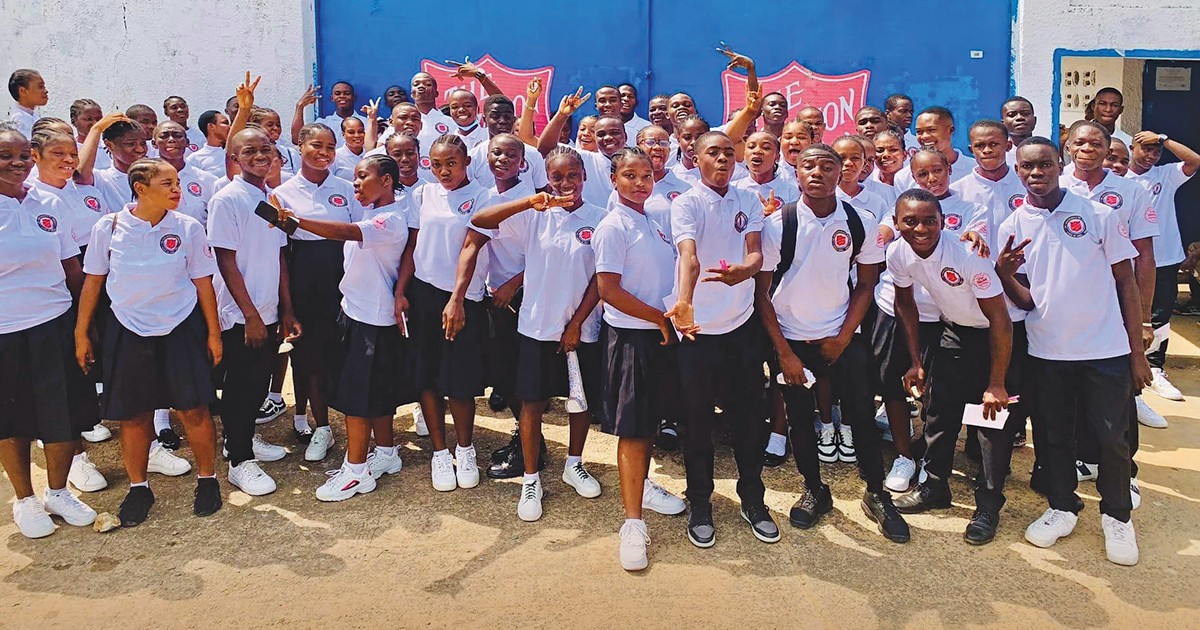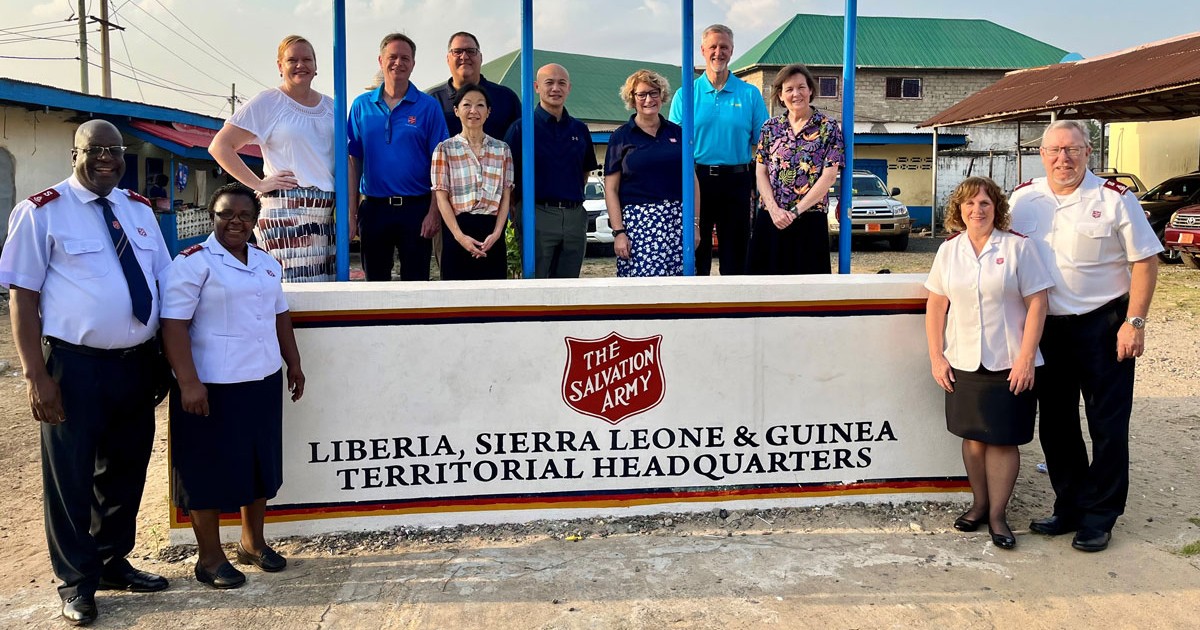 I have a confession to make. I wear an invisible backpack that has special powers.* When I put it on, people treat me with respect. Security personnel never follow me around a store while I shop. No one yells racial slurs at me as I walk along the street. I didn't purchase this invisible backpack, nor do I deserve it. I'm embarrassed to say that it comes with being born white. To be honest, I'm not comfortable with this invisible backpack.
I have a confession to make. I wear an invisible backpack that has special powers.* When I put it on, people treat me with respect. Security personnel never follow me around a store while I shop. No one yells racial slurs at me as I walk along the street. I didn't purchase this invisible backpack, nor do I deserve it. I'm embarrassed to say that it comes with being born white. To be honest, I'm not comfortable with this invisible backpack.
It's a different story for my non-white colleague. When she went shopping to buy a dress recently, she was followed around the store by the salesclerk, who then claimed she was too busy to wait on her. Two days later she returned to the store with a white friend and received excellent service by the same salesclerk.
Many Canadians find it difficult to see racism at work in this country. We pride ourselves on our multiculturalism with its openness, tolerance and acceptance. We have reason to be proud, as Canada was the first country with an official policy of multiculturalism. As well, Canada accepts the highest number of immigrants per capita of any country in the world.
In light of this we can easily distance ourselves from the blatant racism displayed by characters such as Hilly in the recent movie The Help, based on the book by Kathryn Stockett. This poignant story portrays obvious racism at work in Mississippi in the 1960s. Separate lines for blacks and whites at public functions and separate outdoor toilets for the black maids in white homes can feel like scenes from some far distant past.
Yet we so easily overlook our own racist history: our treatment of Japanese Canadians in the Second World War who were interned in despicable conditions and stripped of all their property; or the head tax Chinese people were forced to pay to come to Canada (once the CP railway was completed). For years we ignored the racism at work in residential schools for aboriginal children. Our history is tainted. And while we have recently taken some important steps forward by acknowledging the reality of racism and naming it for what it is, racism is still present in Canada.
Many Muslim Canadians live with discrimination and the assumption of being connected with terrorism, which was heightened after September 11, 2001. In February 2011, Maclean's magazine published an article reporting that some white students refused to attend Canadian universities that had become “too Asian.” This form of “polite racism” is more insidious and harder to address because internal racist attitudes or mindsets are disguised with actions and words that can appear non-prejudicial.
The Salvation Army is clear in our Position Statement on Human Diversity:
The Salvation Army believes that all people are made in the image of God and are thus of equal intrinsic value. We seek to treat all people with dignity and respect in response to Jesus' call to love our neighbours as ourselves. We oppose oppression or unjust discrimination based on such differences as race, gender, age, belief, lifestyle, economic status, or physical or mental ability. We believe that diversity strengthens and shapes community and ministry. Therefore, in our community services, employment practices and church life, we will seek to actively promote sensitivity, understanding and communication in both intent and practice.
This statement reflects the example of Jesus who demonstrated a truly inclusive life to everyone he met, regardless of “race, gender, age, belief, lifestyle, economic status, or physical or mental ability.” Let us pray that the Army's position will reflect our way of living and working, rather than merely being a statement on paper. Let's be willing to examine our own deep inner attitudes before concluding that racism is a thing of the past.
* Thanks to Peggy McIntosh for this evocative metaphor. Her self-published article is entitled, “White Privilege: Unpacking the Invisible Knapsack.”
Questions for Reflection:
1. What examples of either blatant or polite racism have you observed in your own life?
2. In your setting of ministry, how does The Salvation Army “actively promote sensitivity, understanding and communication in both intent and practice”?
Major Cathie Harris is chair of the Social Issues Committee and lives in Winnipeg.









Leave a Comment